-1336 - -1327
Tutankhamun rules Egypt.
Tutankhamun rules Egypt.

The Egyptians start to grow opium poppies in Thebes and trade opiates with Greece, Carthage and Europe.
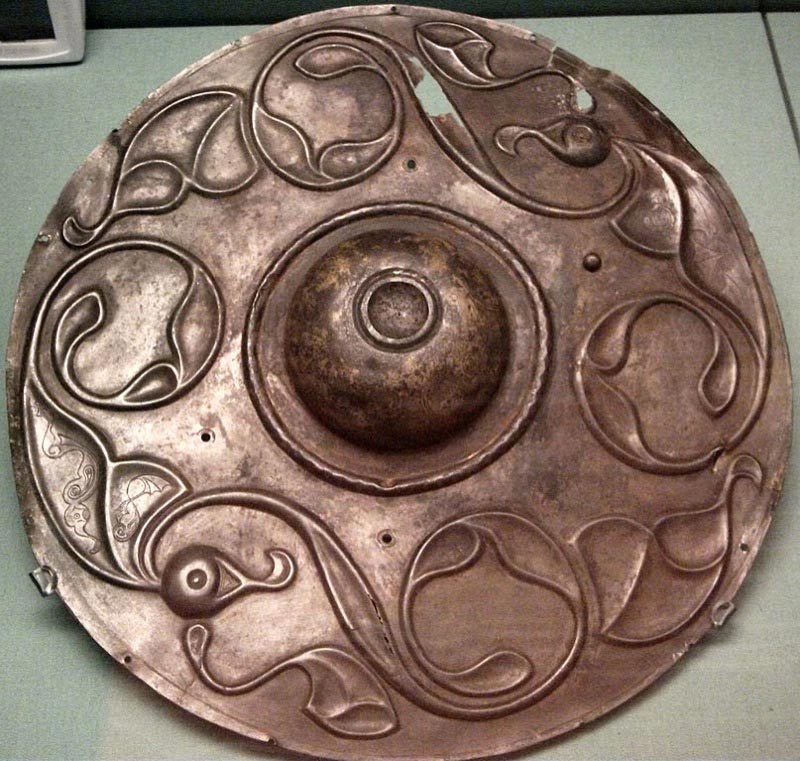
The Iron Age witnesses the greater sophistication of smelting to produce hard steel tools and weapons. Societies also become more complex.
Polynesian colonisation begins.
Possible date for the Fall of Troy.
The Egyptians learn to create gold leaf.
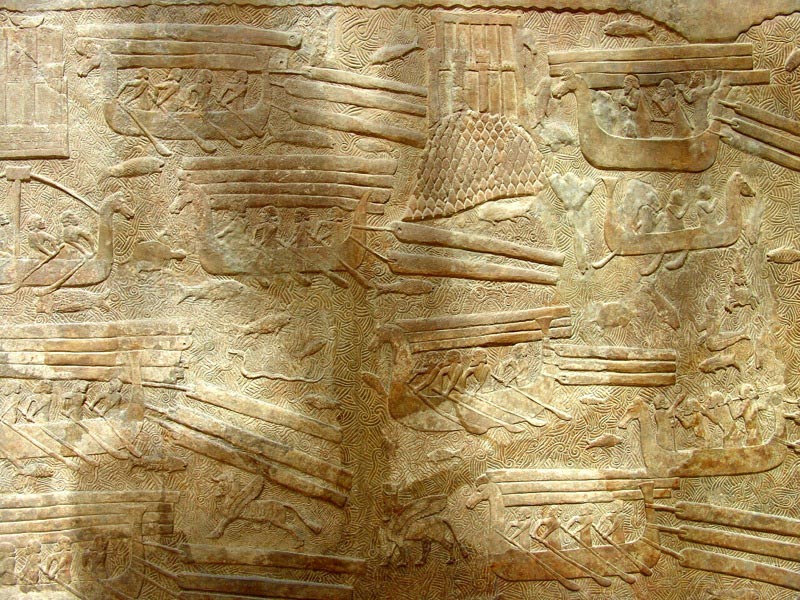
The Phoenicians flourish as a sea-trading people around the Mediterranean.
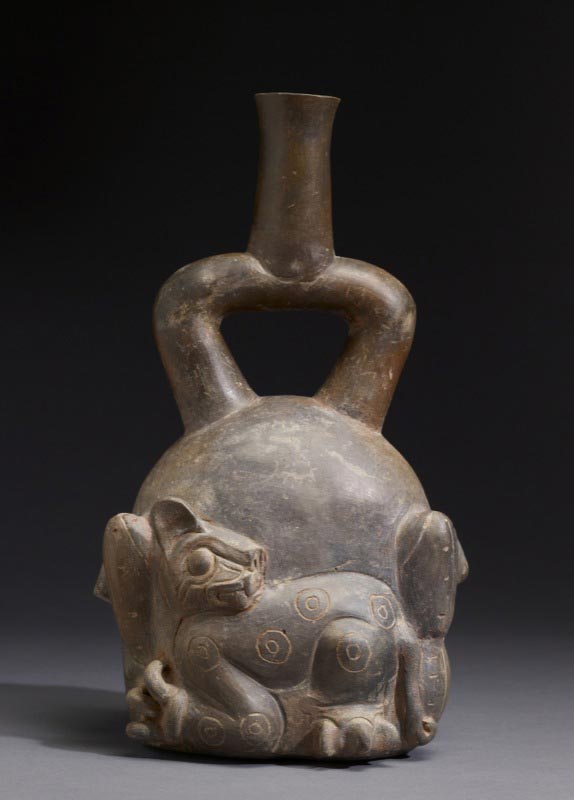
Chavin Civilisation in Peru.
Phoenician Empire.
Alcoholic drinks are known to exist in China.
The Indian sacred text, the Rigveda mentions cotton.
Opium poppies are cultivated on Cyprus.
The Phoenicians found a trading post in Cadiz helping to develop Spanish wine cultivation.

Gold squares are used as currency in China.
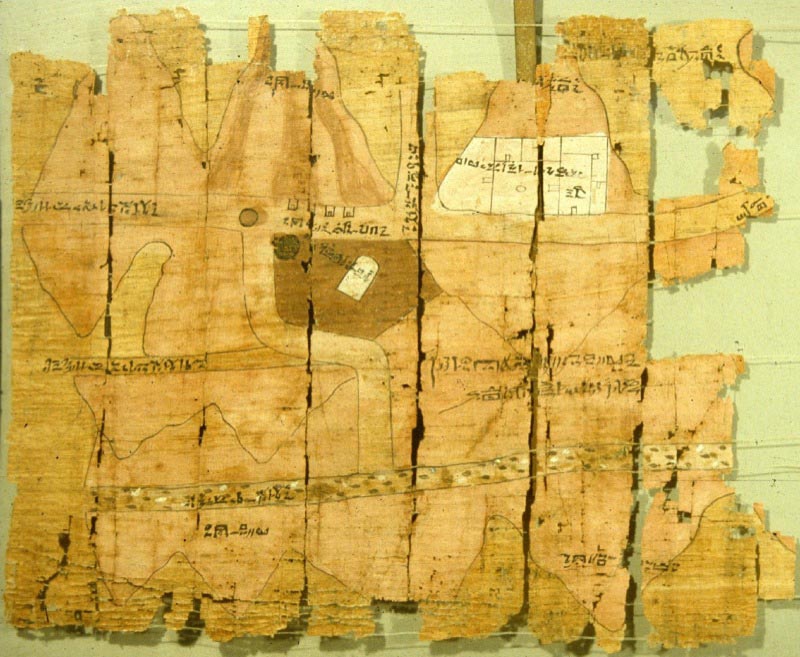
The Turin Papyrus Map shows the location of a Nubian gold mine.
The Zhou Dynasty in China.
The Olmecs are probably the first people to cultivate cacao beans and discover their usage.
Sugar cane is cultivated in India.

The large scale cultivation of rice in Southern China causes wheat to be supplanted as the staple food in the region.
The Queen of Sheba gives King Solomon a gift of spices.
Homer wrote the Iliad and Odyssey at about this date.
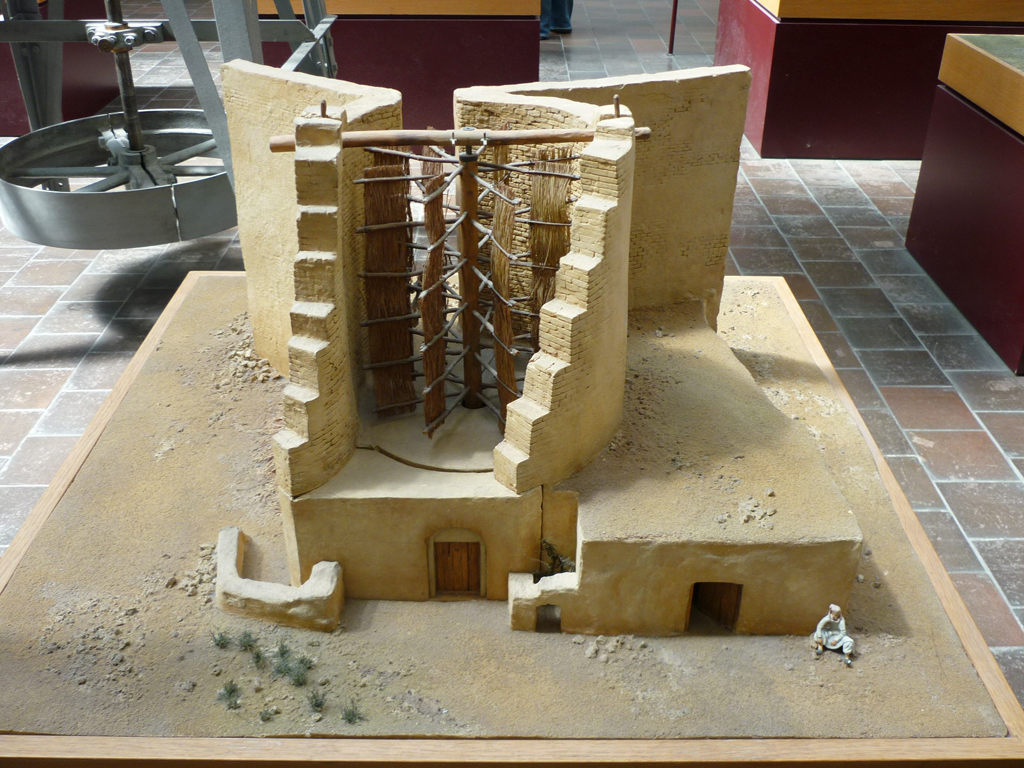
Horizontal windmills are invented in Persia to power the grinding of wheat.
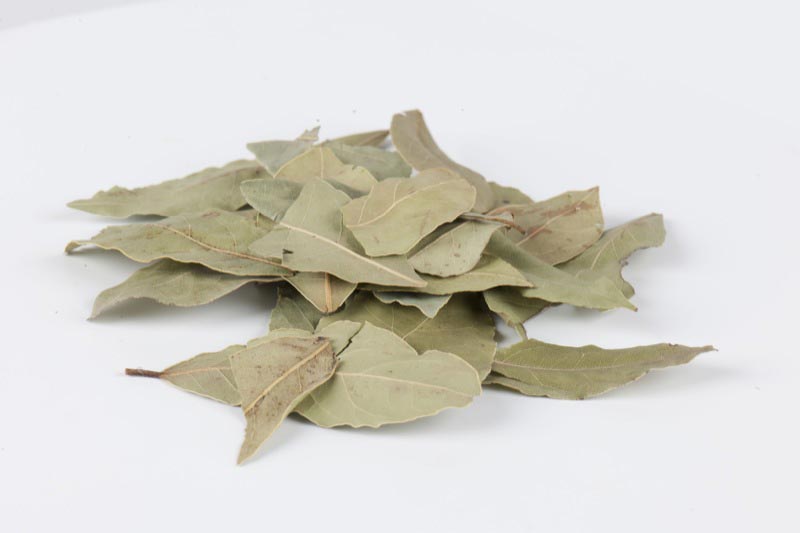
Laurel bay leaves are used in the wreaths awarded to victors in the first Olympic games.
Sugar cane is cultivated in China.
Greek bireme (two level) vessels become common. They are followed by triremes, three level vessels invented in Turkey.

Etruscan civilization. Gold jewelry became very popular as a status symbol.
The Chinese start to build floating castles or warships at some time after this date.
The Lydians introduce gold coinage.
Pythagoras.
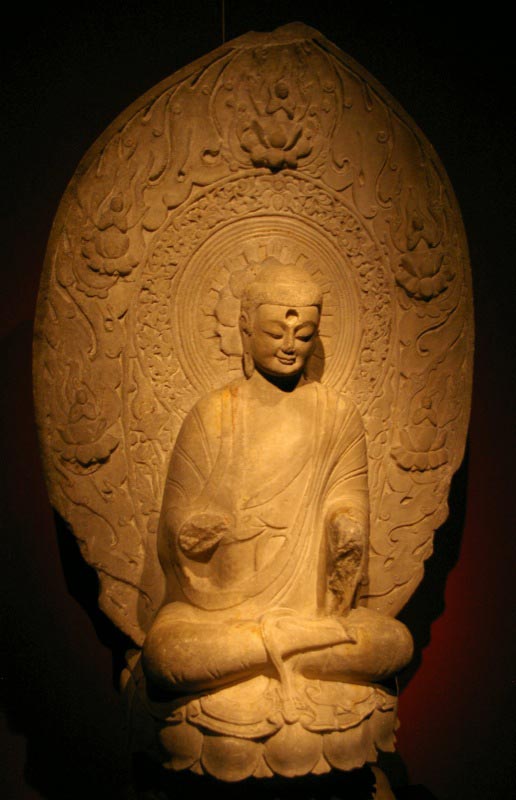
Siddhartha Gautama, the supreme Buddha.
Confucius.
Cotton is planted in Persia.
The Greeks use silver to make coins, to put in water and wine barrels to keep it fresh, and for treating wounds.
First Persian Empire.
Egyptian explorers circumnavigate Africa.
Greek colonies in Southern Russia grow wheat to feed Athens and other city states.
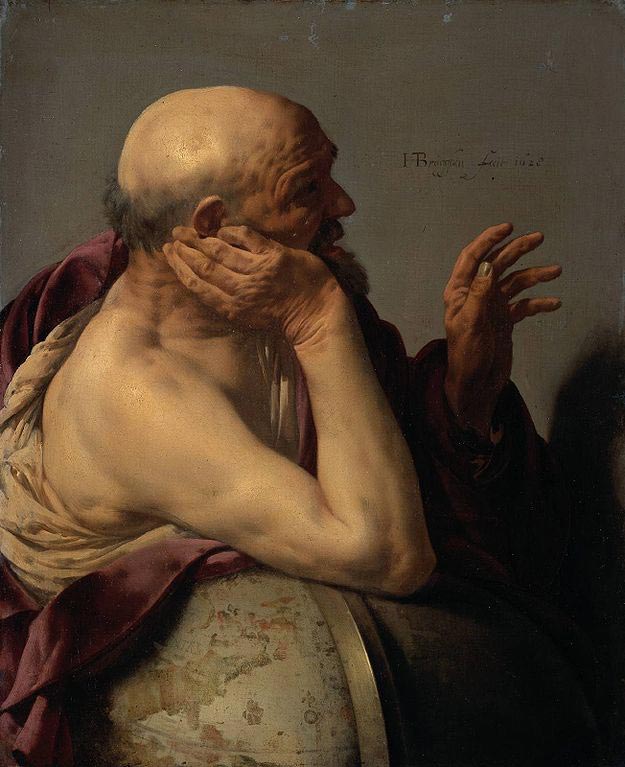
Heraclitus.

Pythagoras uses mustard seed to treat scorpion stings.

Aeschylus.
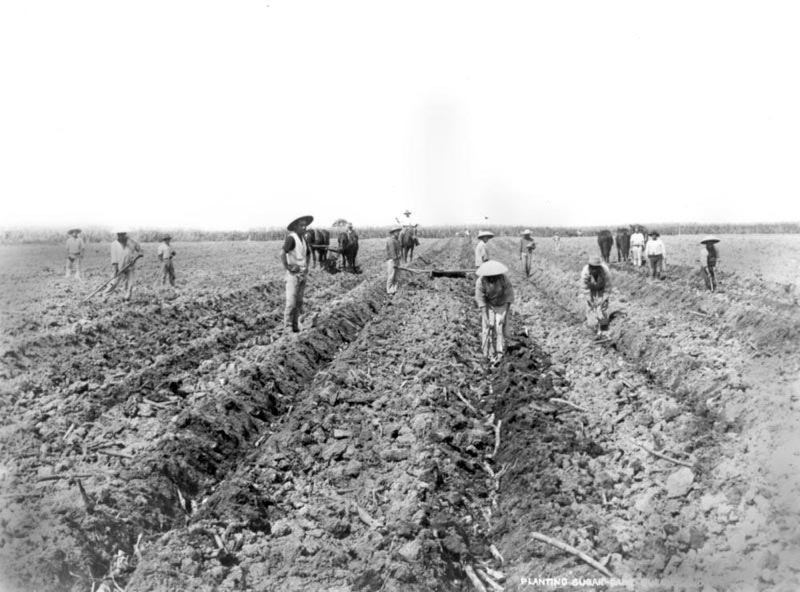
Persian soldiers near the River Indus come across 'the reed which gives honey without bees'.
Scylax, a Greek in the Persian navy, explores the Arabian Sea and the coastlines of Egypt and India.
The Roman Republic expands steadily around the Mediterranean and throughout Europe.
The Roman Republic is created.
Pythagoras discusses the importance of numbers and harmony in the universe.
Indian growers discover the process of producing sugar crystals by pounding the cane and boiling the juice.
Zapotec culture flourishes in the Oaxaca valley in Mexico.
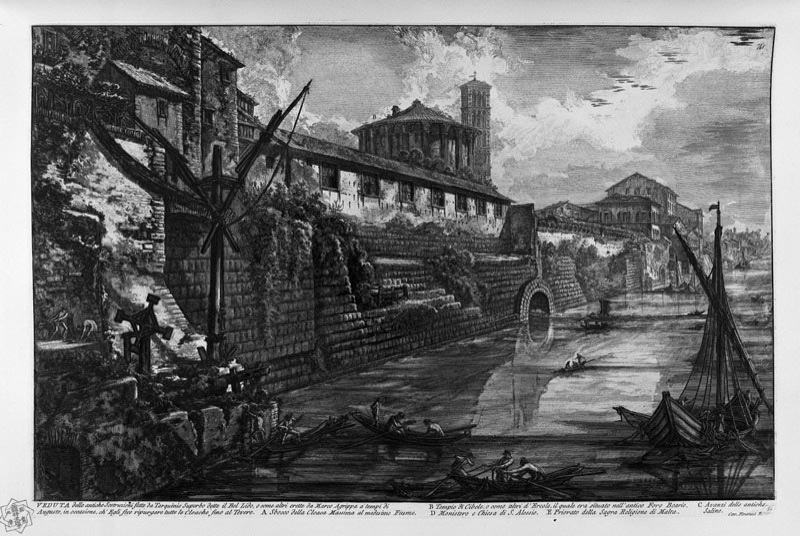
Cloaca Maxima (the big sewer) is built in Rome.
Invention of the Scythe in Iran.
Sophocles.
Herodotus.
The Warring States period ends with the emergence of the First Emperor.
Hanno the Navigator explores the north and west African coast.
The Greek City States organise as the Delian League.
Socrates.
Hippocrates acknowledges some medinal uses for opiates.
Hippocrates, Greek physician notes the effects of food, occupation and climate in causing disease.
The Parthenon is completed in Athens.
Plato.
Aristotle.
Alexander the Great.
Aristotle writes on natural history and the structure of the universe.
Alexander the Great spreads the use of opium during his travels in Persia and India.

Alexander the Great defeats Darius III and controls the Persian kingdom. The capture of Persian gold helps to fuel the expansion.
Alexander the Great establishes Alexandria.
Alexander the Great conquers Egypt.
During the Siege of Persia, Alexander the Great's tent is set ablaze by clay vessels filled with oil.
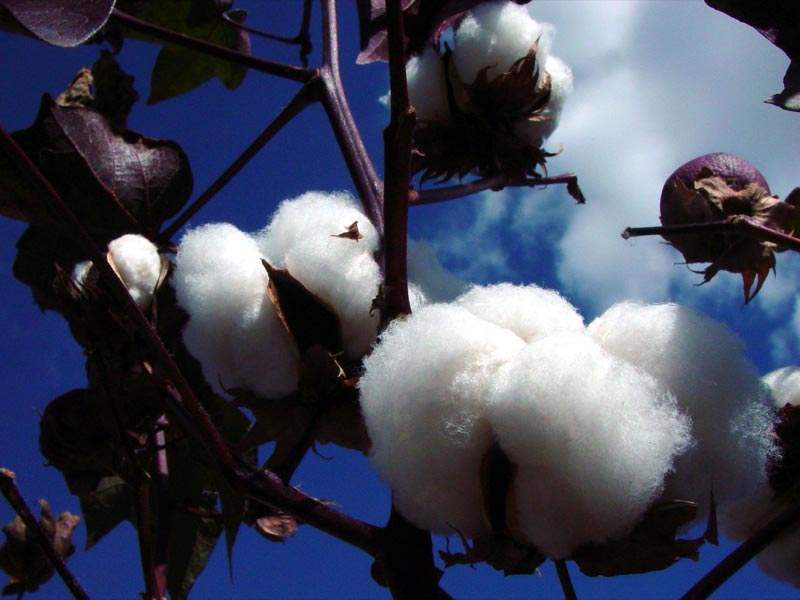
Alexander the Great and his men encounter cotton, or 'wool growing on trees'.
Alexander the Great invades India.
Euclid.
Alexander the Great encounters sugar cane when he invades India.

The Mauryan Dynasty rules in India.
Alchemists start the quest for the philosopher's stone to turn base metals into gold.
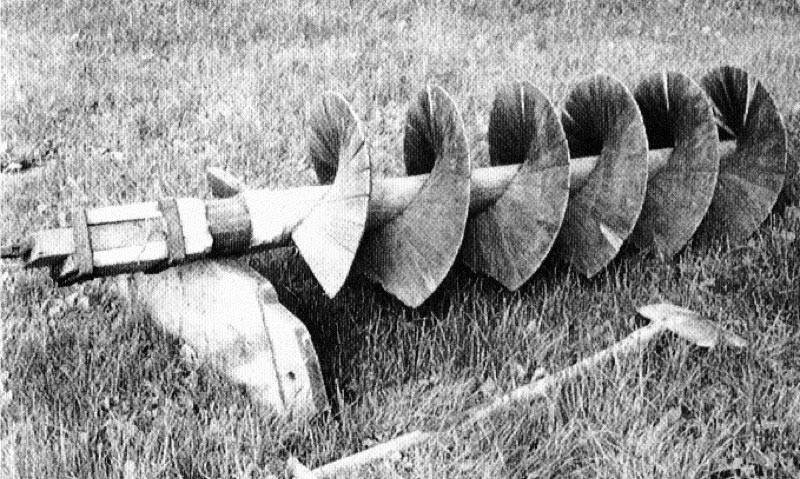
Archimedes creates many inventions in his lifetime including the Archimedes screw.
The Roman Empire makes silver coins part of its currency, which spreads throughout the trading world.
The Punic Wars. Rome defeats the Carthaginians, based in Tunis, and conquers Spain, which becomes a major source of silver to fund the expansion of the Empire.
Ctesibius invents the first keyboard style musical organ, the 'Hydraulis'.
Apollonius of Rhodes writes The Voyage of the Argo, a legend first told in around 1,300 BC, describing a group of heroes exploring trading routes from Greece to the Black Sea, along the Danube and back via the Adriatic. Gold prospectors around the Black Sea used sheep's fleeces to recover gold dust in the rivers, possibly creating the idea of a golden fleece.

The Classic period of Mayan Civilisation in Central America. They build temple complexes, invent a complex writing system and work by a 365 day solar year.
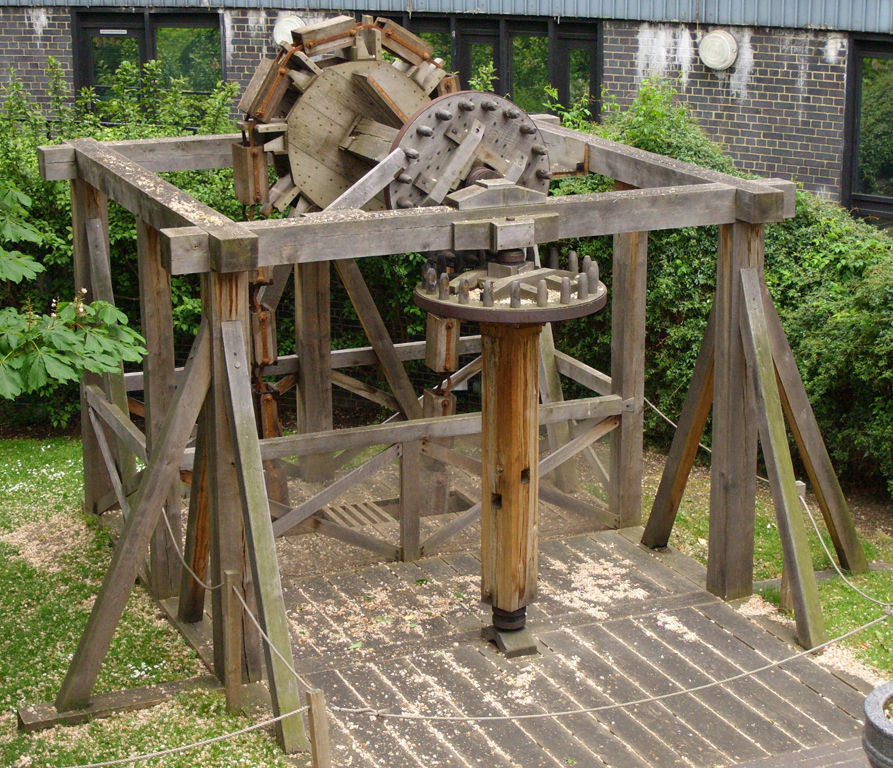
Philo of Byzantium is credited with creating the first waterwheel.
The Qin Dynasty in China. Standardised script and agreed weights and measures are introduced.